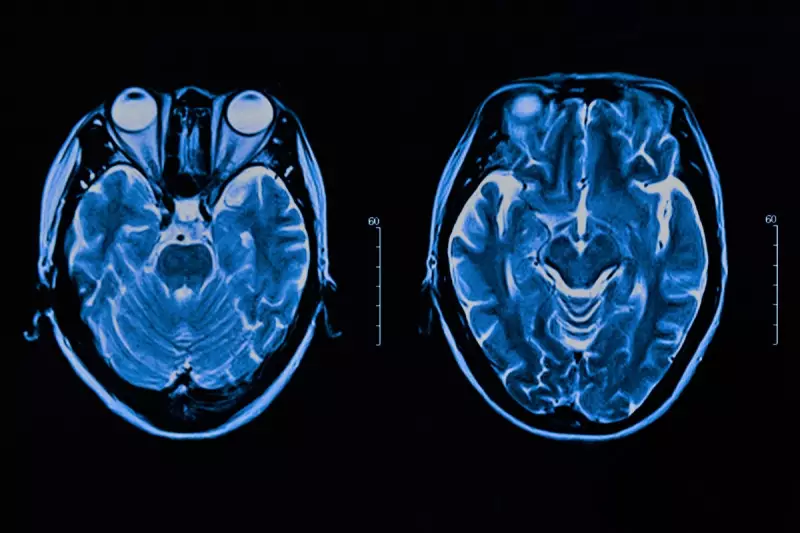
In a revolutionary development for mental healthcare, British researchers have unveiled an artificial intelligence system capable of predicting depression risk with unprecedented 90% accuracy. This cutting-edge technology analyses subtle language patterns that often escape human detection, potentially transforming how mental health conditions are identified and treated.
The Science Behind the Breakthrough
Researchers from the University of Essex, University College London, and the University of East London collaborated to develop this sophisticated AI model. The system meticulously examines written and spoken language for tell-tale signs of depression, including specific word choices, sentence structures, and emotional tones that may indicate underlying mental health challenges.
How the AI Detection Works
The algorithm processes language through multiple layers of analysis, identifying patterns consistently associated with depression. These include:
- Increased use of absolute terms like "always" or "never"
- Higher frequency of first-person pronouns
- Predominance of negative emotion words
- Reduced linguistic complexity
- Specific grammatical structures linked to depressive thinking
Potential Impact on Mental Healthcare
This technology promises to address critical gaps in current mental health services. With NHS waiting times for mental health treatment reaching record lengths, early detection could significantly improve outcomes for millions. The AI system could be deployed through:
- Primary care screening tools
- Mental health apps and platforms
- Workplace wellness programmes
- Educational institution support systems
Ethical Considerations and Future Development
While the potential benefits are substantial, researchers emphasise the importance of ethical implementation. Lead researchers stress that the technology should serve as a support tool for healthcare professionals rather than a replacement for human assessment. Ongoing development focuses on ensuring privacy protection, avoiding bias, and maintaining human oversight in all diagnostic processes.
The research team is now expanding trials across NHS trusts, with hopes of implementing the technology within the next two years. This development represents a significant step forward in combining artificial intelligence with mental healthcare to create more accessible, effective support systems for those struggling with depression.





